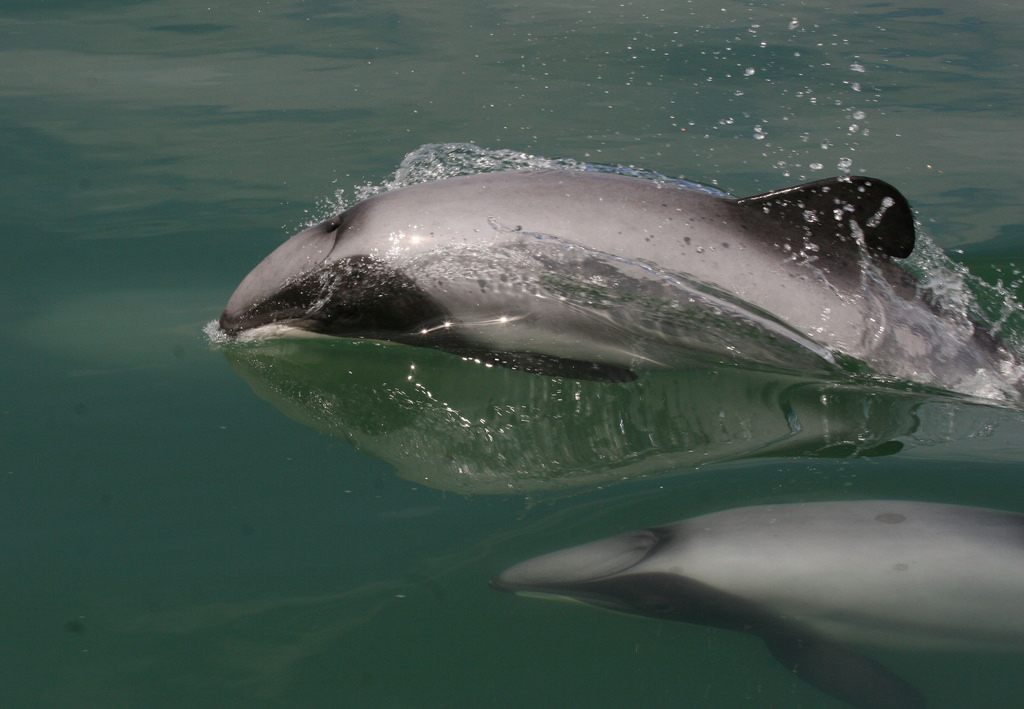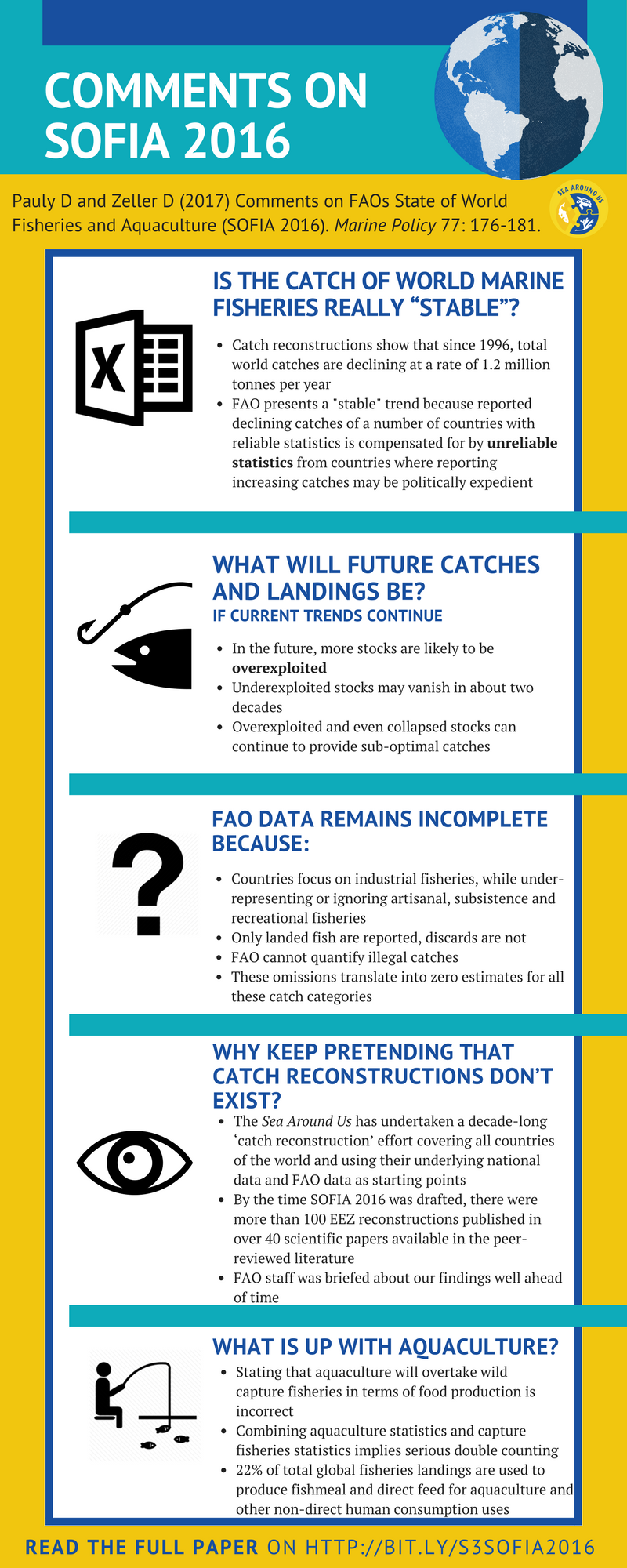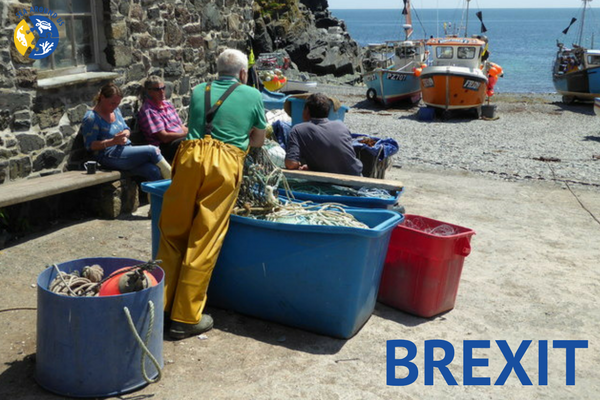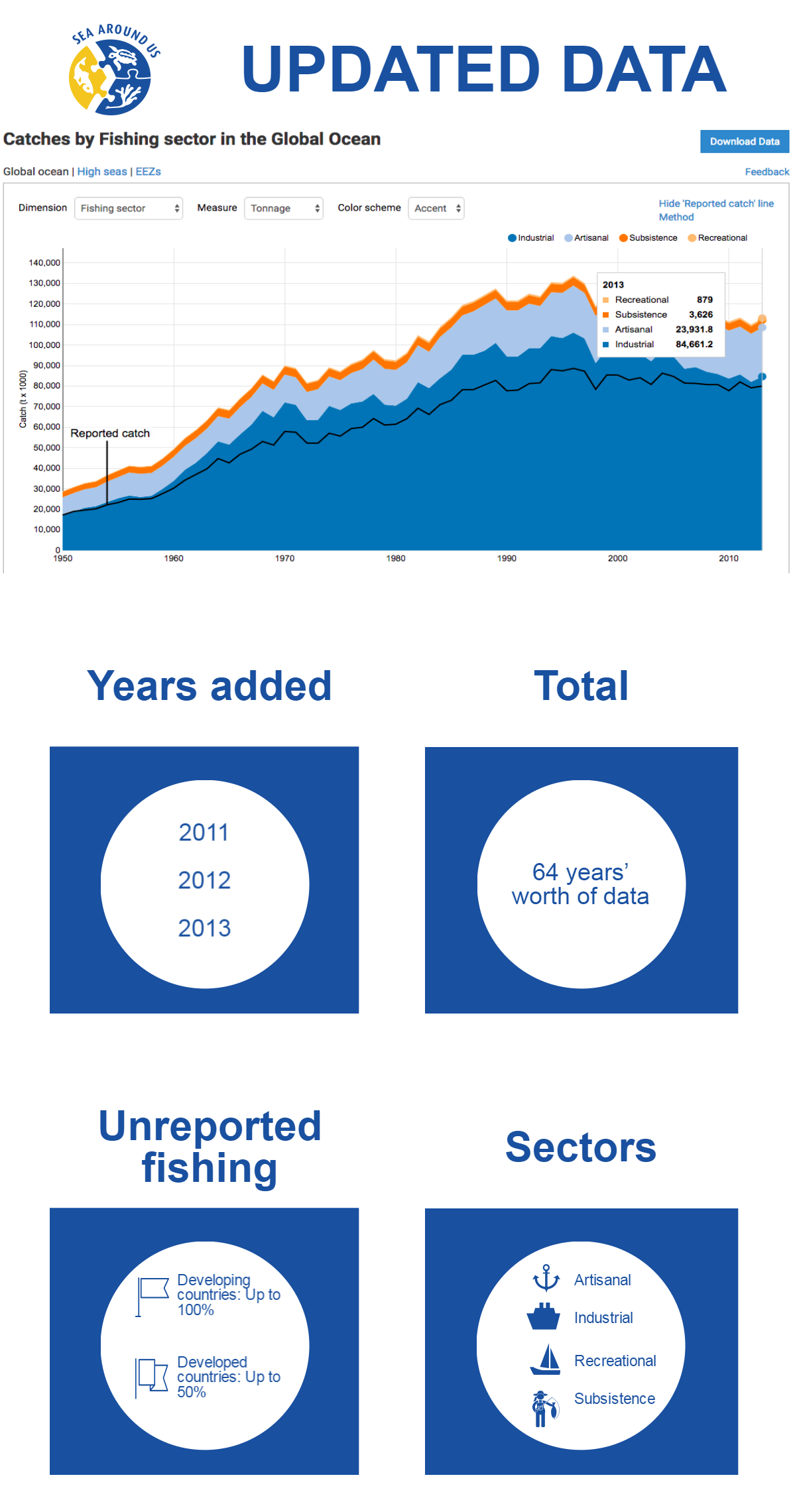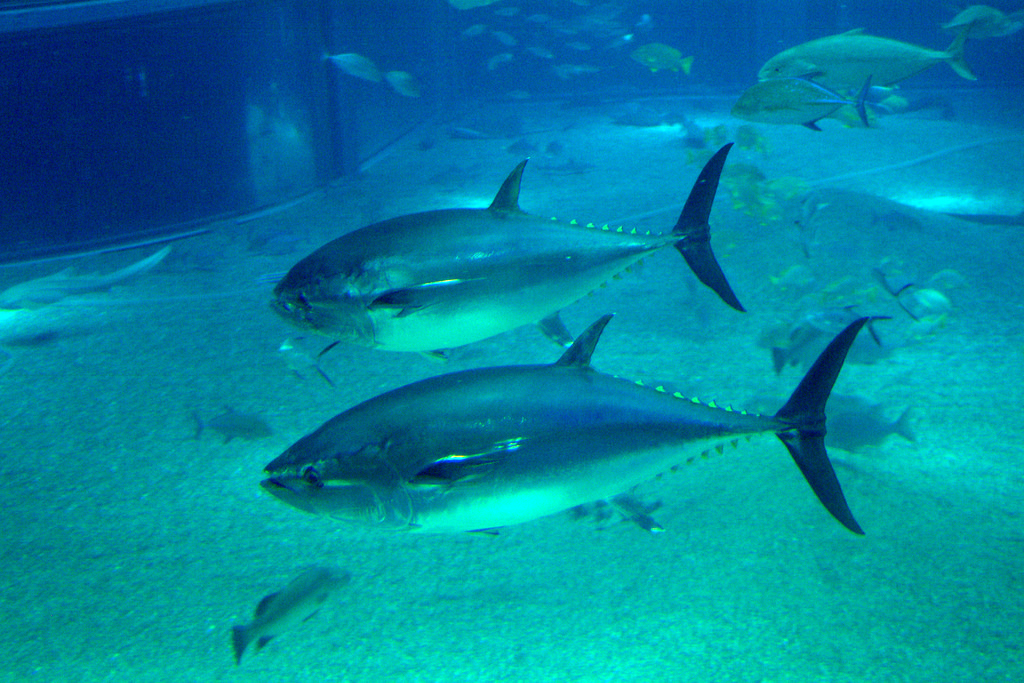
Photo by Matana_and_Jes, Flickr
New research supports the creation of more marine reserves in the world’s oceans because, the authors say, fish can evolve to be more cautious and stay away from fishing nets.
The research suggests that by creating additional “no-take” areas, some fish will stay within marine reserves where they are protected from fishing. While other fish will move around the ocean, these less mobile fish will continue to live in the protected areas, pass this behaviour on to their offspring, and contribute to future generations, increasing the overall stock.


